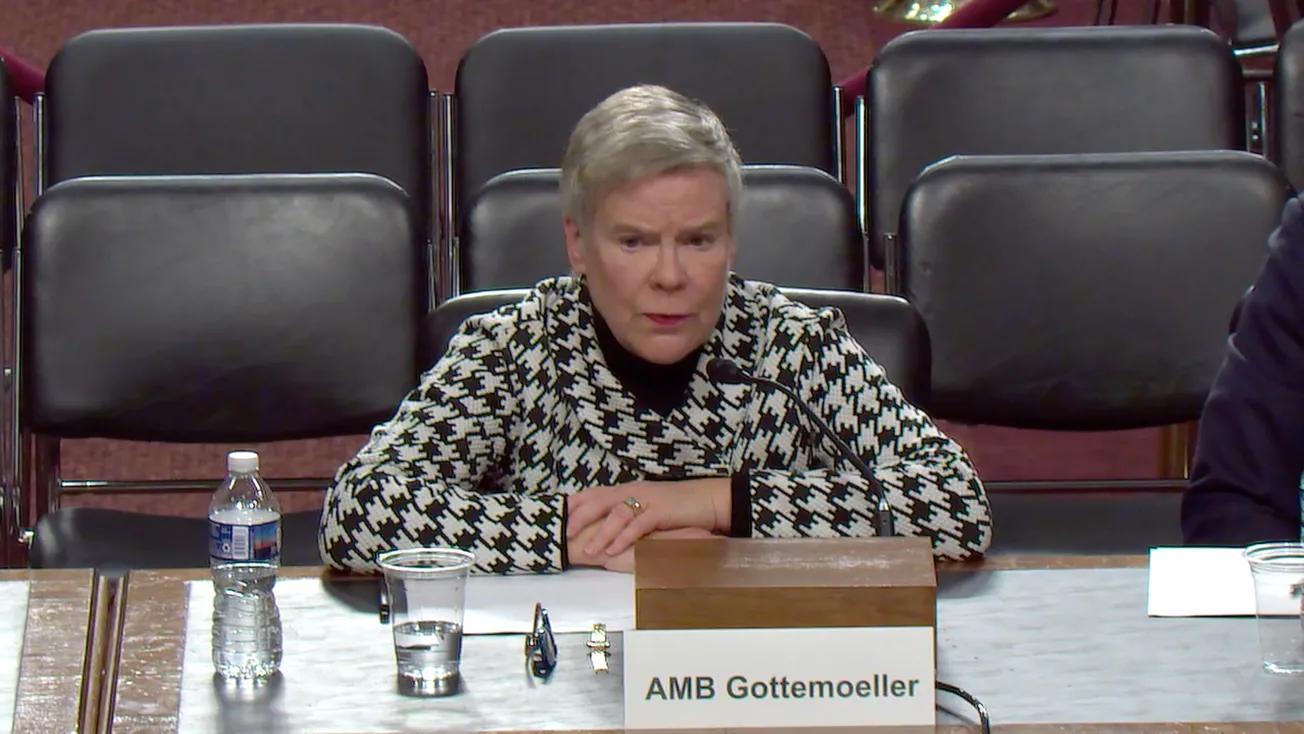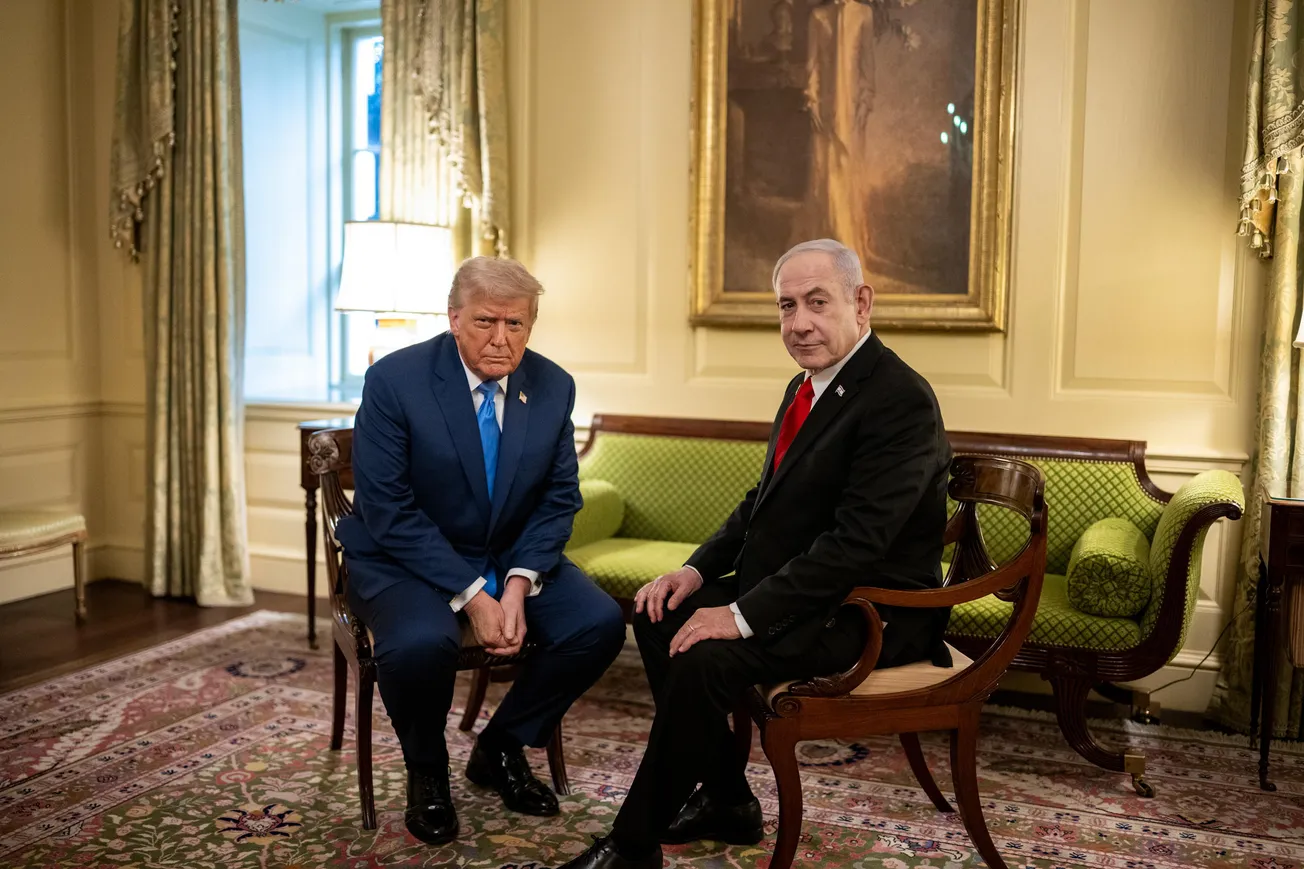Former congresswoman, presidential pre-candidate, and DNC vice chair Tulsi Gabbard has confirmed to Matt Taibbi that she has been a victim of a Transportation Security Administration (TSA) program known as “Quiet Skies,” as first reported in Tracy Beanz’s publication UncoverDC on Aug. 4. It is one aspect of the security state apparatus ostensibly designed to stop terrorism, but more often used for political purposes.
Two weeks ago, Gabbard and her husband were repeatedly stopped for extensive additional security screening at every airport they passed through, their boarding passes marked with the “SSSS” designation of “Secondary Security Screening Selection.” The invasive searches (“they’re squeezing or patting down underwear, bras, workout clothes, every inch of every piece of clothing”) caused multiple delays of up to 45 minutes.
According to Gabbard, one TSA employee to whom Gabbard presented her military ID for identification, was shocked: “Why are you Quad-S? You’re in the military.” (Members of the military are supposed to receive access to TSA PreCheck security lines, which have less than usual security.)
The reason was her enlistment in a TSA program called “Quiet Skies” in which teams of multiple TSA agents and air marshals, most of them undercover, follow targets throughout airports and observe them on their flights.
UncoverDC reports that Sonya LaBosco, Executive Director of the Air Marshal National Council, told them that “Gabbard is unaware she has two Explosive Detection Canine Teams, one Transportation Security Specialist (explosives), one plainclothes TSA Supervisor, and three Federal Air Marshals on every flight she boards.”
LaBosco told Taibbi there are “potentially 15 or more TSA uniformed and plain clothes” at a gate for such assignments.
Is there a legitimate security reason to subject Gabbard, a lieutenant colonel in the U.S. Army Reserve, to such treatment? Is she really going to hijack an airplane? The purpose of such harassment—also meted out to those involved in the events of January 6, sometimes even only tangentially—is transparently political.




